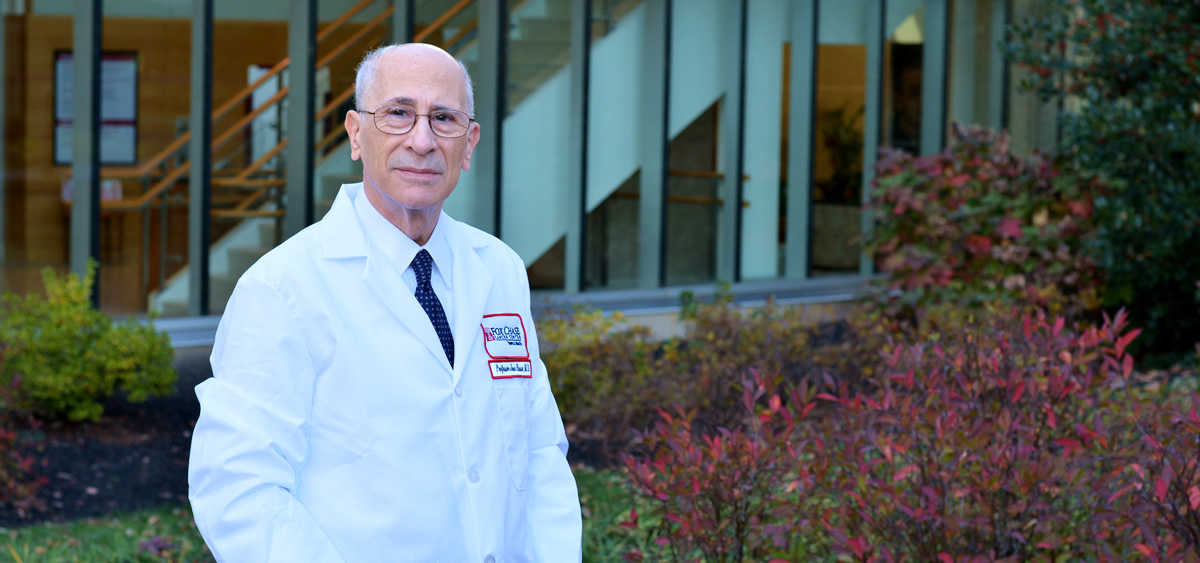
PHILADELPHIA (June 14, 2019) – It has been observed for nearly 300 years that women who have their first child at a young age carry a decreased risk for developing breast cancer throughout their lives. Understanding the reason for this phenomenon could lead to the development of new strategies for preventing breast cancer in all women.
Jose Russo, MD, FACP, director of the Irma H. Russo, MD, Breast Cancer Research Lab at Fox Chase Cancer Center, and colleagues have recently demonstrated the biological basis for this naturally protective process. This work is the culmination of an international effort to analyze the DNA of healthy pre-menopausal women who have had one or more full-term-pregnancies to determine what genetic signatures may be protective against cancer.
Women who have their first child before age 20 reduce their lifetime risk of breast cancer by 50 percent. The Russo lab dissects this observation, describing the specific genetic changes that occur in the breast of pre-and post-menopausal women. Of the many genes highlighted are those related to immune response observed in pre-menopausal women during the first five years post pregnancy. Whereas genes controlling cell differentiation and chromatin remodeling are activated after pregnancy and persist through menopause.
These findings are detailed in the paper “Genomic Signature of Parity in the Breast of Premenopausal Women” published in the peer-reviewed journal, Breast Cancer Research. This is the latest publication in a series of five papers aimed to find and analyze unique genetic signatures associated with breast cancer prevention in women.
This series of publications provides a significant step forward in understanding the molecular basis for preventing breast cancer. Based on these studies, Russo’s team has developed a clinical prevention trial using a placental hormone that mimics pregnancy by activation of these genes in young women who have never given birth. The results of these studies will provide a powerful tool for mimicking pregnancy and creating a tool to make the susceptible cells of the breast refractory to cancer.
The genetic signatures described by the Russo lab provide an invaluable pool of information for other researchers studying the prevention of breast cancer, and the authors expect their findings to fuel many subsequent scientific investigations. The historical basis for this investigation, as well as several other interesting topics in cancer, are highlighted in Russo’s latest book, Memoirs of a Cancer Researcher, published recently by World Scientific.
The authors acknowledge the contributions made by the women of Norrbotten County, Sweden, the staff of the Mammography Department in Sunderby Hospital, Luleå, Sweden, and the Fox Chase Cancer Center Genomics Facility. This work was supported by grant 02-2010-117 from the Avon Foundation for Women Breast Cancer Research Program and by NCI P30-CA006927.